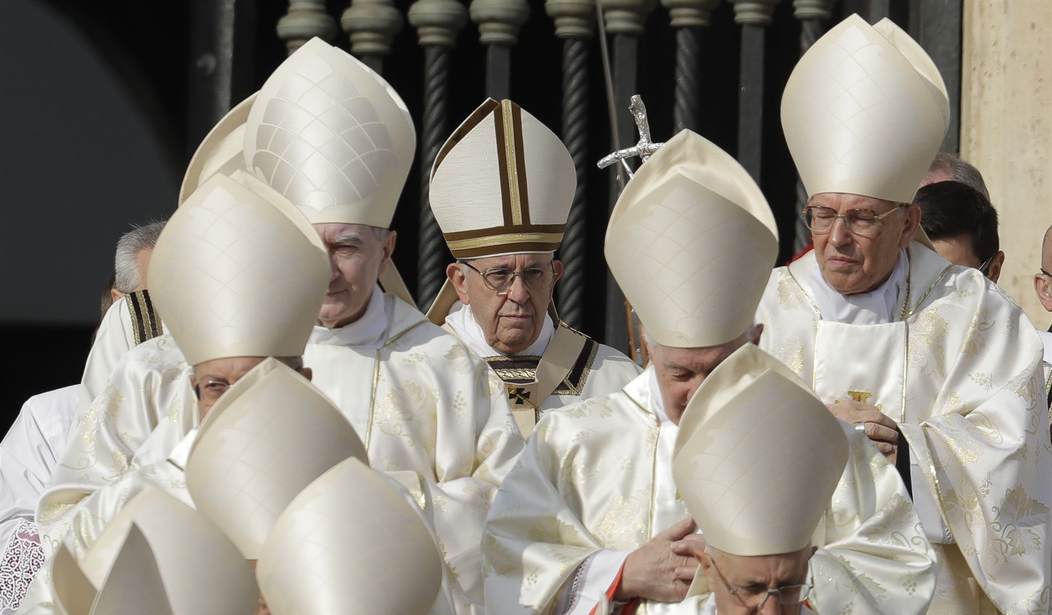According to the Pew Research Center, Christians will be a minority of Americans by 2070. This doesn’t mean that “God is dead.” It means that organized religion of any Christian denomination with its rituals and traditions is fast falling out of favor. Not surprisingly, the trend is most prominent among the young.
At the same time, atheists and agnostics are growing in number, with the largest increase in numbers among the young, So far, it doesn’t appear that the lost sheep will return to the flock anytime soon.
The secularization of America is happening faster than anywhere else in the world, and the reasons for that are varied.
Sociology professor Stephen Bullivant calls these Millennials and Gen Xers who have lost their faith “nonverts.” His recent book, Nonverts: The Making of Ex-Christian America, takes a deep dive into the causes of America’s disaffection with Christianity.
In 2021, 42% of adults between the age of 18-34 identified as a nonvert while 29% of all adults weren’t religiously affiliated. The trend has exploded since the turn of the 21st century.
Bullivant points to three main answers to the question of why this is so. “It’s about looking at what happened in the 20th century that dampened down the possibility of being nonreligious — and then what changed?” he asked.
The generation born after the height of the Cold War — in the early to mid ’80s — didn’t grow up with propaganda and blacklist fears, said Bullivant, so there is a safe space for the idea of a nonreligious life to open up.
When 9/11 happened, Bullivant said, then you have the new atheism with many prominent people coming out and publicly questioning faith in a higher being — such as Christopher Hitchens, Sam Harris and Richard Dawkins — and it becomes OK to reevaluate what you believe, said Bullivant: “They opened up a nonreligious space.”
And of course the internet, Bullivant added. That was happening at about the same time, and it gave people access to communities of people also questioning their faith. Bullivant particularly saw this when interviewing ex-Mormons and ex-evangelicals.
In this theory, Bullivant makes Christianity a matter of socialization with societal strictures against non-conformist beliefs like atheism. That’s understandable in the macro sense. But what about the community level? With church a huge part of the life of local communities, it seems improbable that traditional beliefs could be undermined so completely, so swiftly.
Unless we look elsewhere for a culprit. And certainly, the ubiquitous nature of the internet has something to do with younger people questioning their faith and values.
“If you’re raised in small-town Texas or Idaho and everyone you know is some kind of Christian, you’re in a kind of bubble. And then with the internet, you start getting support groups online with thousands of members and that helps erode those bubbles,” he said.
As people’s opinions in the U.S. changed on women’s roles in society, abortion and same-sex marriage, it was absolutely difficult for the churches to deal with, said Bullivant. They thought it meant “alienating large segments of people” who didn’t agree with the church’s stances on issues.
But, if you look at the Episcopal Church, which has changed along with the culture, its numbers are tanking, said Bullivant. Churches shifting with the times doesn’t seem to “fill the pews.”
Indeed, as some Catholic women clamor for the Church to change its position on divorce, contraception, and even abortion, what proof does anyone have that this would bring people back to the church?
“When Catholics say, ‘The reason young people are leaving is because they disagree with the church on abortion and contraception,’ they do disagree with the church, and abortion and contraception, and gay marriage and all sorts of stuff,” he said. “But it’s very unlikely that if the church changed those positions, or softened them in a pastoral way, that those people wouldn’t leave or that they’d come back or anything like that.”
I’m not as pessimistic as Bullivant. We’ve seen this loss of faith several times in American history. When it has happened, a spirit of revival and renewal has emerged that lights a fire under the faithful and leads to an intense period of religious fervor. These Great Awakenings have also led to reform for most Protestant denominations. Like a great wave, the awakenings wash over the country and as it recedes, a new landscape is seen. No one can predict what that landscape will look like, only that it will be different.
Counting out Christianity is a bad bet. People’s faith waxes and wanes over the years, but something always happens to reignite it in the end. I’d be willing to wager that by 2070 there are going to be fewer people who identify as Christian in America, but the Christian faith will still be a majority.










